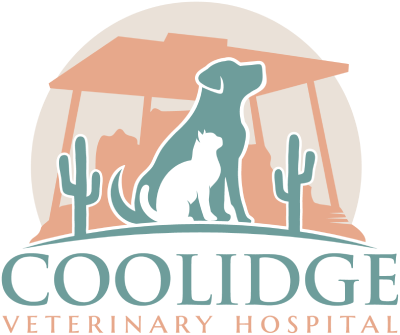Dental care is a vital yet often forgotten piece of your pet’s healthcare routine. Just like humans, dogs and cats are at risk of plaque, tartar, gum disease, and oral infections that cause significant discomfort and serious medical problems. Pets who maintain healthy teeth and gums live an average of 2–3 years longer than those who don’t. By combining at-home care with professional cleanings, you can keep your pet’s mouth healthy and their whole body protected.
Why Professional Cleanings Are Necessary
At a veterinary dental appointment, your pet receives a complete oral cleaning that can’t be replicated at home.
Your veterinarian will:
- Remove tartar from above and below the gumline
- Polish the teeth
- Carefully examine the mouth for issues such as gum disease, fractured teeth, or tumors
These critical steps cannot be achieved with brushing alone or with anesthesia-free cleanings done while your pet is awake.
Complimentary Dental Evaluations with Our Team
We provide free dental evaluations to help pet parents better understand their pet’s oral health. One of our veterinary technicians will grade your pet’s dental disease and identify any obvious issues. If advanced disease is detected, a veterinarian will step in, possibly prescribing antibiotics. In those cases, a doctor’s exam fee will apply, and the appointment may be rescheduled to create a comprehensive treatment plan.
The Impact of Dental Disease
More than 80% of pets show signs of dental disease by age 3. What begins as plaque and tartar can lead to bacteria spreading through the bloodstream and damaging major organs like the heart, kidneys, and liver. That’s why routine cleanings aren’t optional—they’re necessary.
To support our patients, we include dental cleanings in our Preventative Care Wellness Plans, with affordable low monthly payments.
Signs Your Pet Needs Dental Care Now
If you notice any of the following signs, schedule an exam immediately instead of waiting for a yearly checkup:
- Chronic bad breath
- Swollen, red, or bleeding gums
- Yellow or brown buildup on teeth
- Loose or missing teeth
- Bleeding in saliva, toys, or water bowls
- Reluctance to eat crunchy food, treats, or chews
- Difficulty chewing, dropping food, or eating on one side of the mouth
- Weight loss or reduced appetite
- Excessive drooling
- Rubbing the face or pawing at the mouth
- Swelling around the muzzle or jaw
Recommended Cleaning Frequency
Your veterinarian will recommend the best schedule based on your pet’s breed, age, and current dental health.
Here are general guidelines:
- Dogs and cats age 3+: Once a year
- Small breed dogs: Every 6–9 months, as they develop tartar faster
- Pets on wet food diets: Every 6 months since wet food doesn’t clean teeth like kibble does
- Senior pets (6+ years): More frequent cleanings due to higher gum disease risk
- Pets with dental disease: May require more frequent treatment
Supporting Oral Health at Home
You can make a big difference in your pet’s dental health by incorporating simple habits:
- Brush teeth 3x weekly with pet-safe toothpaste
- Offer dental chews approved by veterinarians, such as Greenies or Oravet
- Sprinkle Plaque Off powder on food daily to help reduce tartar
- Use dental wipes or water additives to support fresh breath and gum health
- Stay consistent with wellness visits so your veterinarian can monitor progress
Key Takeaway
Most pets benefit from annual dental cleanings, though many need them more frequently. Clean teeth don’t just make for better kisses—they’re key to protecting your pet’s health and extending their life.
Ready to schedule? Call us at 520.723.5500.

